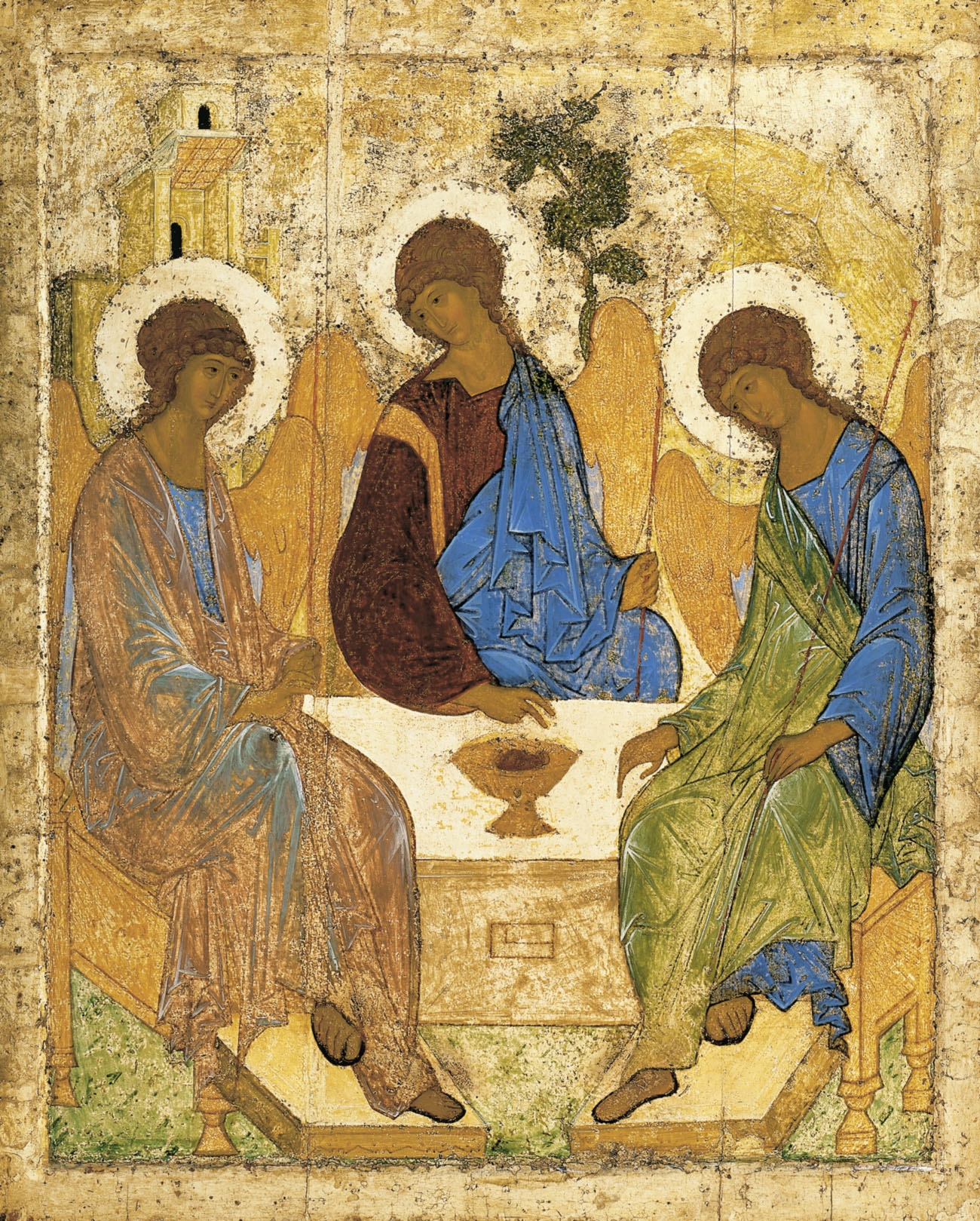Whenever I write, I draw a bit of my reputation out of the safety of freezer-sealed bag to thaw, vulnerable to the elements and the opinions of the air... Your impression of me is somewhat reliant on what you see. In that respect, my creation is an extension of myself. Of course.
But my reputation is not the only part of myself that I expose in creation. There is a something that sits inside me and grows, and develops, and strengthens, until I give birth to it, and it becomes a force in the world beyond me. It will not appear to all the way it appears to me. It will not speak to all the way it speaks to me. It will not have meaning to all the way it has meaning to me. But it will be, independent and separate from me though still carrying some of myself.
In the case of man, that which he creates is more expressive of him than that which he begets. The image of the artist and the poet is imprinted more clearly on his works than on his children. (Nicholas Berdyaev via Dorothy Sayers)
I think I have always felt, and if not always at least for a long time, that there is something almost mystical about art. About literature. About God, and man, and man's creations, and how the only way my life makes enough sense to keep living is as a work of art.
Beauty will save the world. Dostoevsky said it.* Beauty is, from one perspective, an overwhelming sense of order that pierces the heart. Beauty and meaning walk hand in hand.
When I read a well-written novel, I am flooded by the impression that everything in it has a reason. It has a place. It is part of a Story. Isn't that the desperate desire of the human heart? For reason, for purpose, for order, for Story?
Meaning is necessary. That discrete objects and events in succession would say something is necessary.
It's necessary in art, and it's necessary in life, and it's necessary in God.
And then Dorothy Sayers goes and paints the most lucid and vivid picture of the Trinity I've ever seen, based on what we already know about the creative process. It's brilliant, in the actual meaning of the word. Read it.
...and then I find a quote from Solzhenitsyn that makes me want to cry because he says in a few paragraphs what I didn't-quite-succeed-in-saying in 20 pages in high school. Emphasis added.
'One day Dostoevsky threw out the enigmatic remark: Beauty will save the world. What sort of a statement is that? For a long time I considered it mere words. How could that be possible? When in bloodthirsty history did beauty ever save anyone from anything? Ennobled, uplifted, yes - but whom has it saved?
There is, however, a certain peculiarity in the essence of beauty, a peculiarity in the status of art: namely, the convincingness of a true work of art is completely irrefutable and it forces even an opposing heart to surrender. It is possible to compose an outwardly smooth and elegant political speech, a headstrong article, a social program, or a philosophical system on the basis of both a mistake and a lie. What is hidden, what distorted, will not immediately become obvious.
Then a contradictory speech, article, program, a differently constructed philosophy rallies in opposition - and all just as elegant and smooth, and once again it works. Which is why such things are both trusted and mistrusted.
It is vain to reiterate what does not reach the heart.
But a work of art bears within itself its own verification: conceptions which are devised or stretched do not stand being portrayed in images, they all come crashing down, appear sickly and pale, convince no one. But those works of art which have scooped up the truth and presented it to us as a living force - they take hold of us, compel us, and nobody ever, not even in ages to come, will appear to refute them.
So perhaps that ancient trinity of Truth, Goodness and Beauty is not simply an empty, faded formula as we thought in the days of our self-confident, materialistic youth? If the tops of these three trees converge, as the scholars maintained, but the too blatant, too direct stems of Truth and Goodness are crushed, cut down, not allowed through - then perhaps the fantastic, unpredictable, unexpected stems of Beauty will push through and soar to that very same place, and in so doing will fulfill the work of all three?
In that case Dostoevsky's remark, "Beauty will save the world," was not a careless phrase but a prophecy? After all, he was granted to see much, a man of fantastic illumination. And in that case art, literature might really be able to help the world today?' ― Aleksandr Solzhenitsyn, Nobel Lecture
*At least, he said that his narrator said that Ippolit said that Myshkin said it. See The Idiot.

No comments:
Post a Comment